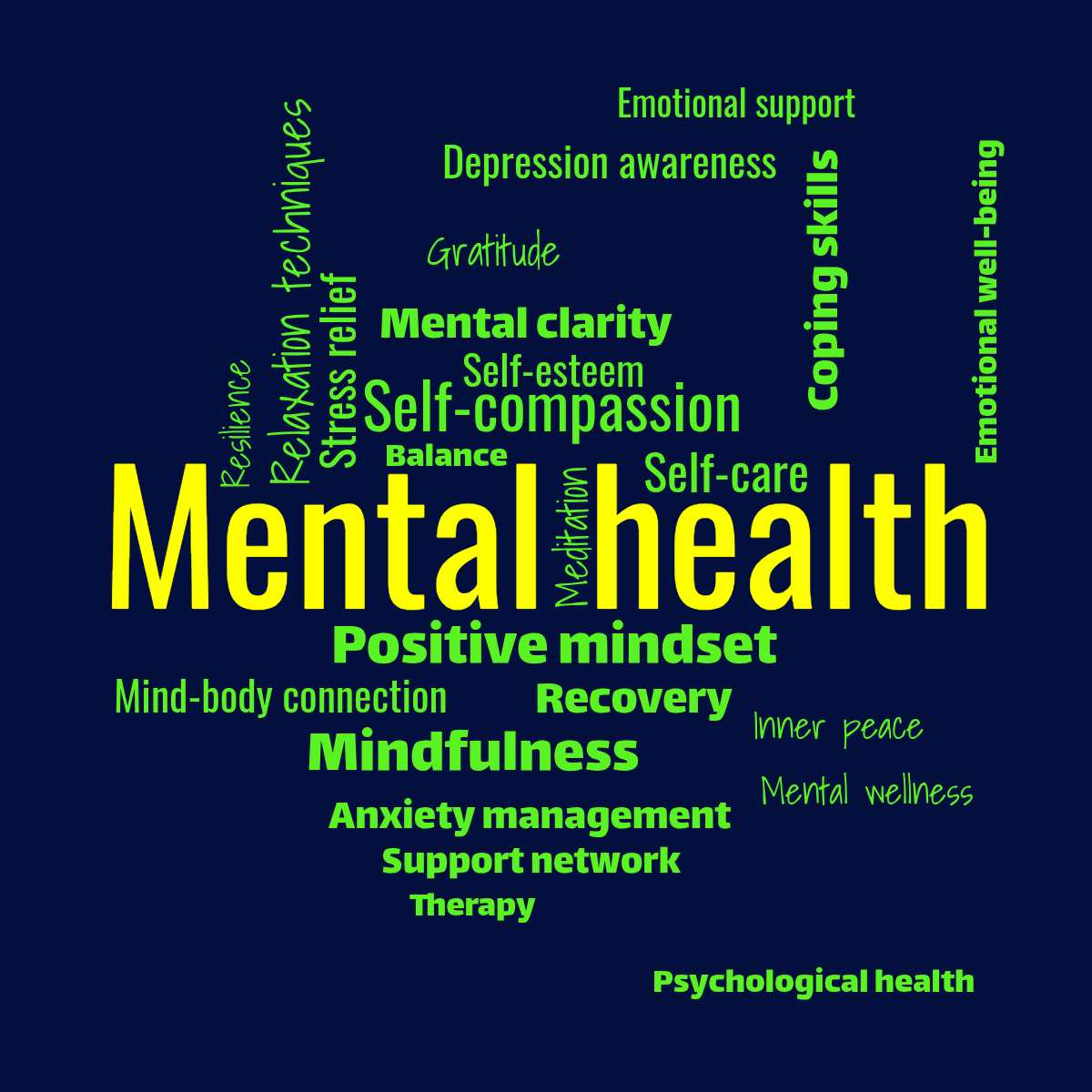Depression is a pervasive mental health condition that affects millions of individuals worldwide. Its symptoms often involve persistent feelings of sadness, loss of interest in daily activities, and difficulty managing thoughts and emotions. While professional support is often a key component in managing depression, there are also several coping skills that individuals can adopt to help manage their symptoms on a daily basis. These skills are not a substitute for therapy, but may provide additional support in navigating challenges related to depression.
Reach for Outside Support
Connecting with others may be immensely beneficial when navigating depression. Isolation may amplify feelings of sadness and despair, so reaching out to trusted friends, family members, or support groups can create a sense of understanding. Participating in community initiatives, joining peer support groups, or engaging in social events can foster meaningful connections. Online communities and helplines are also valuable resources for those seeking communication in more discreet or immediate ways. Seeking external support provides opportunities to share experiences and find solace from people who may empathize with similar struggles.
Engage in Mindfulness
Mindfulness is a practice that involves bringing attention to the present moment and observing thoughts and feelings without judgment. This practice can reduce rumination, which is often associated with depression. Activities such as meditation or controlled breathing exercises are popular methods of incorporating mindfulness into daily routines. While mindfulness cannot eliminate depression, it can equip individuals with strategies to manage overwhelming emotions and cultivate a state of being more grounded in the present.
Attempt Something New or Creative
Engaging in unfamiliar or creative activities can offer a new perspective and provide moments of respite from negative thought patterns. Whether this involves learning a musical instrument or cooking a new recipe, the act of pursuing something novel often brings a sense of accomplishment and joy. Creative activities also serve as valuable outlets for expressing emotions in a nonverbal manner. For those who may find it difficult to articulate their feelings, art, music, or writing offer alternative means of self-expression.
Try Journaling
Journaling offers a practical approach to managing thoughts, emotions, and internal conflicts by transferring them onto paper or a digital journal. Writing regularly about experiences, thoughts, and emotions can provide valuable insights into patterns and triggers. Journals may also serve as a record of progress, helping individuals notice gradual improvements in their mood and outlook over time. Structured approaches such as gratitude journaling or mood tracking have gained popularity within mental health communities.
Maintain Self-Care
Self-care involves tending to both physical and emotional needs and is foundational in managing depression. It encompasses activities that promote well-being, such as maintaining regular sleep schedules, consuming nutritious meals, and incorporating daily physical movement. By giving priority to personal well-being, individuals are better able to nurture their mental and emotional health.
When to Seek Professional Support for Depression
While these coping skills can provide relief and aid in managing depressive symptoms, they are not a substitute for professional care. If symptoms persist or worsen, reaching out to a licensed mental health professional can provide a pathway toward comprehensive treatment. Depression, though challenging, is manageable with the proper support and strategies. By implementing coping techniques alongside professional care, individuals have opportunities to build resilience and improve their quality of life.
- Zirconia Cap Price: Estimated Cost & Its Long-Term Benefits
- FREHF – The Revolutionary Future Of Human-Centered Technology!
- Adsy.Pw/Hb3 – Boost Your SEO And Drive More Traffic!
- Fitness Based Vacations By Timeshealthmage.com!
- TimesHealthMag Tips For Improving Sleep Quality – Expert Advice For Better Rest!


Leave a Reply